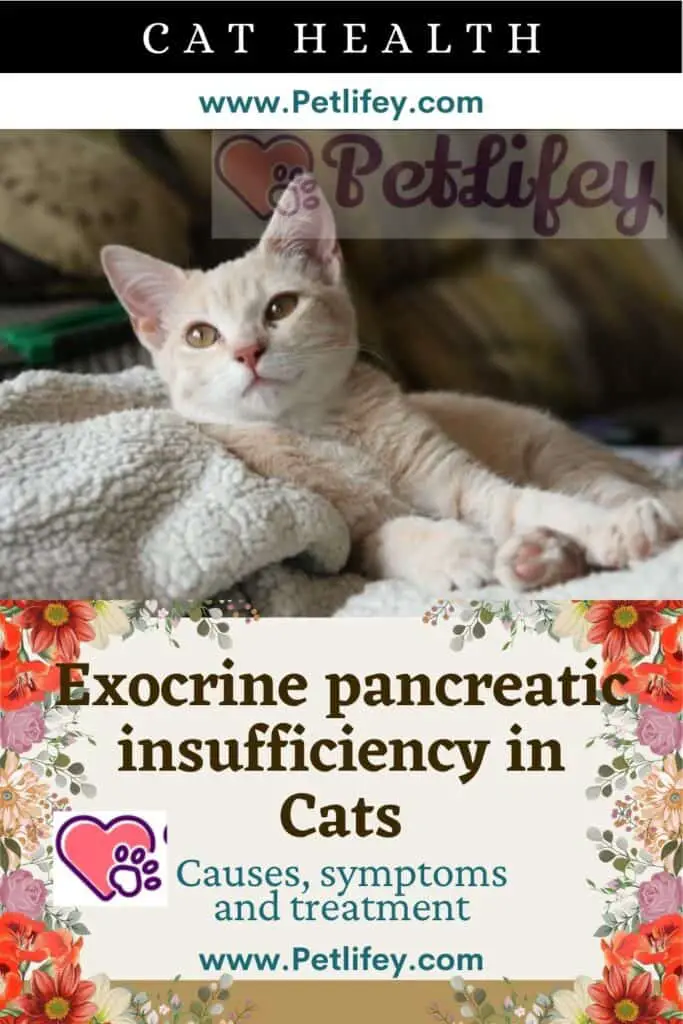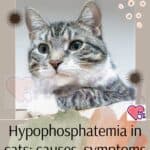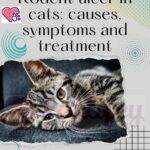
Exocrine pancreatic insufficiency is a rather rare pathology in cats; but for this very reason it can be particularly insidious. Let’s find out why.
It is not at all easy to understand the cause of your cat’s discomfort. Symptoms such as diarrhea and vomiting, for example, are common to various pathologies, some of which are quite rare and not always diagnosed promptly. In this article we will talk about the causes that cause exocrine pancreatic insufficiency, the symptoms that the affected cat exhibits as well as the therapeutic treatment adopted for the care of the feline.
What is it and what are the causes
Exocrine pancreatic insufficiency ( IPE ) is a disease caused by the insufficient production, by the pancreas, of the enzymes necessary for the body for a correct digestive process.
It is a rather rare disorder in cats (although there are some breeds more predisposed than others to the onset of the disease), and also for this reason it is often confused with other pathologies.
It is customary to distinguish between primary EPI and secondary EPI. The first is caused by acinar pancreatic atrophy, which attacks the immune system of the exocrine pancreas, compromising its functionality; cats of a young age are usually subject to this type of IPE.
Secondary EPI can be caused by pancreatic cancer, chronic pancreatitis, or organ surgery; therefore statistically it is more likely to affect older cats.
Symptoms of exocrine pancreatic insufficiency in cats
As mentioned, the symptoms of exocrine pancreatic insufficiency are common to various pathologies, and therefore, being a disease that affects cats quite rarely, it is often confused with other disorders.
Here are the main ones:
- Diarrhea in cats
- He retched
- Lethargy
- Weight loss
Therapeutic treatment

We often tend to identify some of the symptoms related to exocrine pancreatic insufficiency, such as diarrhea or vomiting in cats, as a transient disorder.
In reality they are always indicators of the animal’s discomfort, which should not be underestimated, especially if accompanied by other clinical signs.
In the presence of the symptoms described, therefore, it is always advisable to promptly contact your trusted veterinarian. The diagnosis of the pathology is quite simple, although it requires the carrying out of specific tests.
Unfortunately, however, it is a disorder that will accompany our little four-legged friend for the rest of his life.
Without prejudice to the most appropriate therapeutic treatment in consideration of the underlying cause of the disorder (think for example pancreatic cancer), it will be necessary to ensure the cat’s body the enzymes that the organ is no longer able to produce on its own.
This integration must be supported by a specific diet for the cat; also for the formulation of the most suitable diet for our four-legged friend, it is better to rely on the professional’s opinion, avoiding do-it-yourself.






